As if one could know the good a person is capable of, when one doesn't know the bad he might do
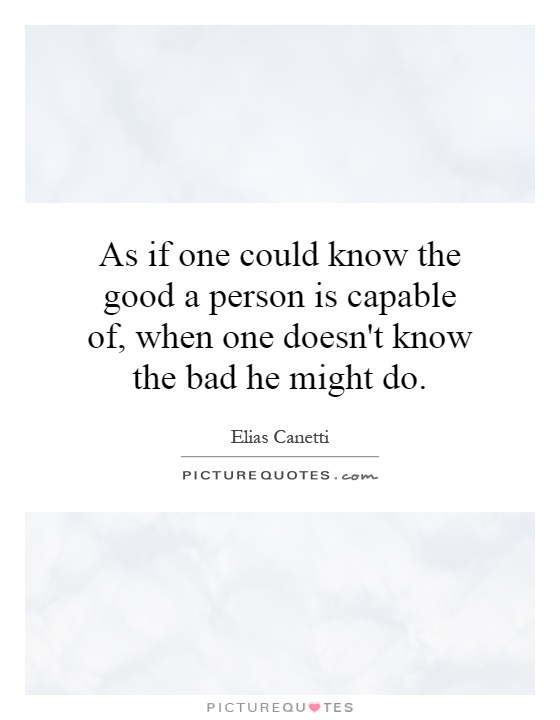
As if one could know the good a person is capable of, when one doesn't know the bad he might do
Elias Canetti, a Bulgarian-born writer and Nobel laureate, was known for his deep insights into human nature and the complexities of human behavior. In his works, Canetti often explored the dualities of human existence, including the capacity for both good and evil within each individual. The quote, “As if one could know the good a person is capable of, when one doesn't know the bad he might do,” encapsulates this theme perfectly.Canetti understood that human beings are capable of great acts of kindness and compassion, but also of cruelty and malice. He believed that it was impossible to truly know a person’s character without understanding both their capacity for good and their potential for harm. This idea is reflected in many of Canetti’s works, where he delves into the darker aspects of human nature and the ways in which individuals can be driven to commit acts of violence and destruction.
One of Canetti’s most famous works, “Crowds and Power,” explores the dynamics of group behavior and the ways in which individuals can be swept up in the collective frenzy of a crowd. In this book, Canetti examines the ways in which power can corrupt individuals and lead them to commit acts of violence and oppression. He shows how seemingly ordinary people can be transformed into ruthless tyrants when placed in positions of authority, and how the desire for power can bring out the worst in human nature.
Canetti’s exploration of the dualities of human nature is also evident in his novel “Auto-da-Fé,” which tells the story of a reclusive scholar who becomes increasingly isolated and paranoid, ultimately descending into madness. The novel is a powerful meditation on the destructive potential of unchecked ambition and the ways in which individuals can be consumed by their own desires.
Overall, Canetti’s work serves as a powerful reminder of the complexities of human nature and the importance of recognizing both the good and the bad within each individual. By acknowledging our capacity for both kindness and cruelty, we can strive to cultivate the best aspects of ourselves while guarding against the darker impulses that lie within us all.
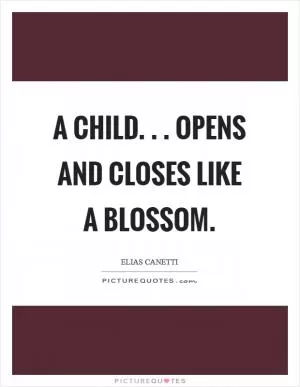
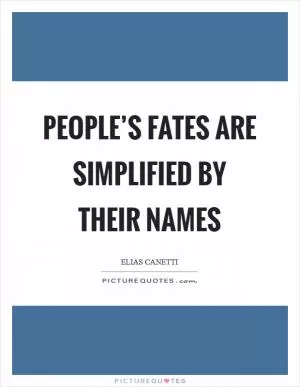
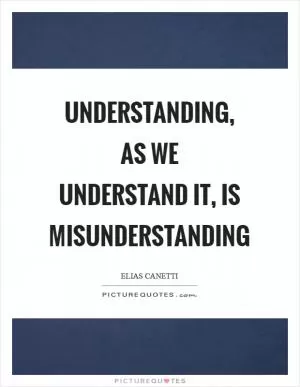
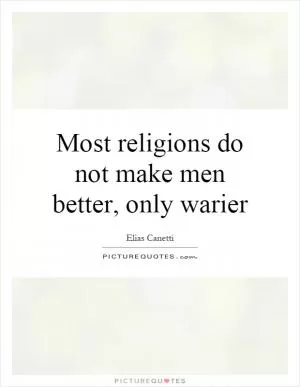



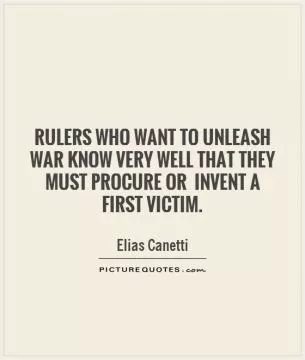
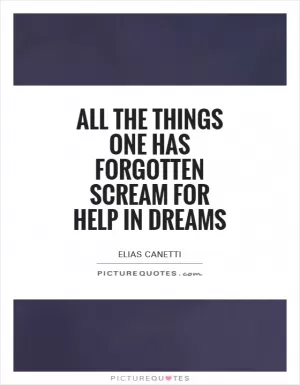
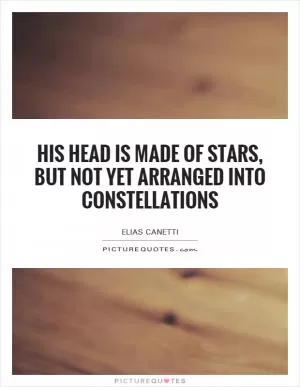
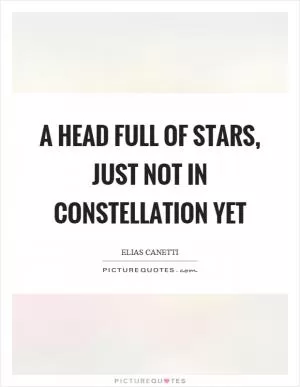
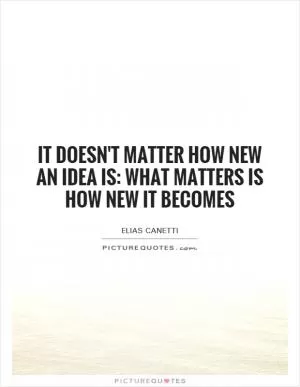
 Friendship Quotes
Friendship Quotes Love Quotes
Love Quotes Life Quotes
Life Quotes Funny Quotes
Funny Quotes Motivational Quotes
Motivational Quotes Inspirational Quotes
Inspirational Quotes